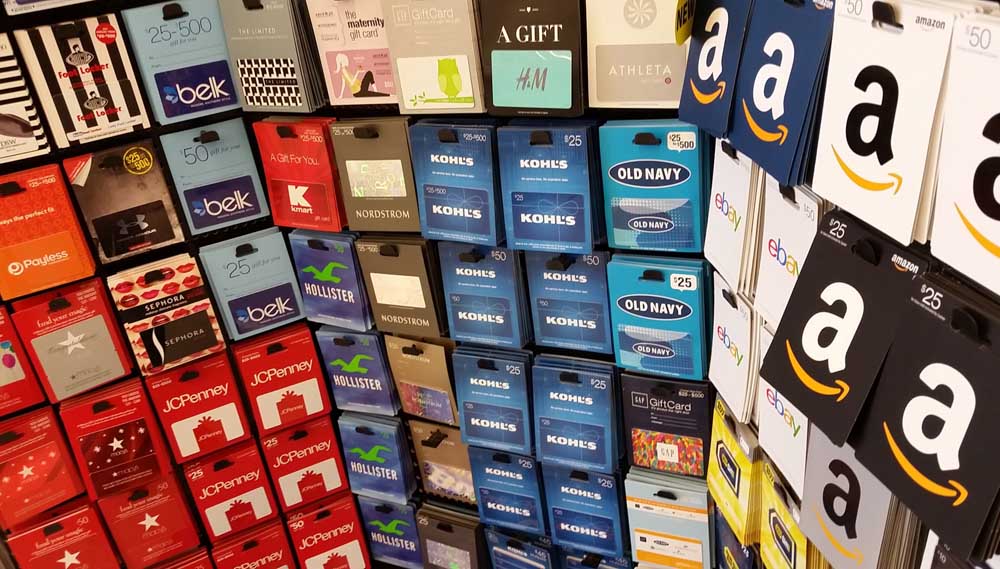Buzz over jackpot worth $1.6B brings out fraud
Published 12:00 am Sunday, November 4, 2018

- Gift cards are almost as good as cash for scammers. Anyone who demands payment by gift card is always a scammer, according to the FTC. (Dreamstime/TNS)
Just when you think the red flags relating to a scam should be pretty clear, you hear more troubling reports when it comes to sweepstakes and gift cards.
All the buzz about the Mega Millions jackpot — and the one winning ticket sold in South Carolina that captured a prize worth nearly $1.6 billion — could trigger even more related scams, like one that hit one woman in Troy, Michigan.
Trending
A letter arrived in the mail this year stating she won $750,000 in what was called “The Cash is King Super Sweepstakes Drawing.”
The wording was odd. The prize was so amazing.
After receiving the letter, she began receiving phone calls, demanding she send money orders as “collateral,” according to police. Supposedly, the “Award Notification Commission” was unable to contact her and now the matter was turned over to the U.S. Customs and Border Protection.
She got pressured into sending seven money orders totaling $6,750 to an address in Miami. The calls continued, including phone calls from someone who claimed to be a “Tim Perkins” who was trying to extort even more money from her.
The scamming stopped when the victim talked with her daughter, who realized that her mother was being ripped off.
What’s a big sign of a sweepstakes scam?
Trending
The catch: You must send money for taxes — or buy some products — before receiving that incredible sweepstakes or lottery prize.
The result: You only lose money, you don’t win anything.
Nearly half a million people reported some sort of lottery or sweepstakes-related fraud to enforcement agencies in the United States and Canada in the past three years.
Reported losses totaled $117 million in 2017, according to a Better Business Bureau report. The actual number of victims and losses is probably much larger because many victims are too embarrassed to report a scam, according to experts.
Scammers can reach out by direct mail, social media, phone calls, text messages and smartphone pop-ups.
Many times, the victims are seniors who may have lost a loved one, just gone through a divorce, lost a job or experienced some other hardship. They’re hoping somehow their luck has changed.
Some con artists even claim to be connected with the established Publishers Clearing House Sweepstakes.
Other victims may be told they must pay transfer fees to get their winnings sent from Jamaica. Callers may say you have to buy gift cards to pay for fees or other charges if you want to collect a prize.
Last year, 2,820 people sweepstakes and lottery scams to Better Business Bureau Scam Tracker, an online tool for tracking scams.
The median loss was $500. The most frequent method of payment was wire transfer. But scammers are frequently asking for gift cards now.
This year, impostors who claimed to be from Publishers Clearing House told a potential victim he won a $25,000 prize.
The caller wanted the consumer to pay $100 upfront to collect the prize. The consumer realized it was a scam.
Another consumer claimed a male caller told him he had won $4 million. The consumer only had to call another number to pay processing fees. The consumer realized it was a scam.








